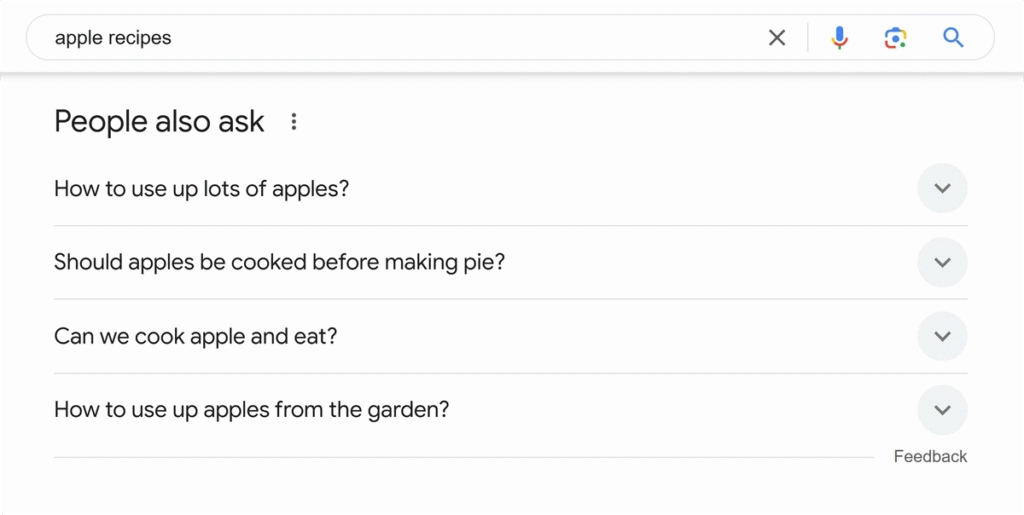Coming up with fresh, valuable, and relevant blog post ideas can feel like a challenge—especially when you’re just starting your blogging journey. But the good news? You don’t need to reinvent the wheel.
Whether you’re writing in health, travel, tech, finance, or lifestyle, there are tried-and-tested methods you can use to find blog topics that drive traffic, engage your audience, and rank in search engines.
In this in-depth guide from Helping Bloggers, we’ll walk you through 20+ powerful strategies to find blog post ideas in any niche—so you’ll never run out of content again.
Table of Contents
- Know Your Audience First
- Keyword Research Tools (The Goldmine)
- Use Google Like a Pro
- Browse Niche Forums & Communities
- Analyze Your Competitors
- Leverage Social Media Trends
- Revisit Old Content for Fresh Angles
- Ask Your Audience Directly
- Use Blog Idea Generator Tools
- Monitor Comments & FAQs
- Explore UGC (User-Generated Content)
- Keep a Swipe File or Idea Bank
- Tap Into Your Personal Experiences
- Observe Industry News & Updates
- Listen to Podcasts and Watch YouTube
- Repurpose Other Formats into Blogs
- Create a Series of Posts
- Use Mind Mapping
- Try the Hub & Spoke Model
- Bonus: Use AI to Generate Ideas
Know Your Audience First
Before generating content, ask yourself:
- Who am I writing for?
- What are their pain points, goals, or questions?
- What do they struggle with?
Create simple audience personas for your niche. For example, if your blog targets “new moms,” what kind of questions might they Google? What keeps them up at night?
Once you know who you’re helping, the ideas will naturally become more focused and useful.
Keyword Research Tools (The Goldmine)
Keyword research tools help you discover what people are already searching for online.
Try these tools:
- Google Keyword Planner
- Ubersuggest
- AnswerThePublic
- Semrush or Ahrefs (Paid)
- KeywordTool.io
Look for long-tail keywords like “how to start a food blog in 2025” — these are easier to rank for and laser-targeted to a specific audience.
Tip: Use these keywords as titles or themes for your next blog post.

Use Google Like a Pro
Google’s built-in features give you blog topic inspiration on a silver platter.
Use these:
- Google Autocomplete
- People Also Ask
- Related Searches
Example:
Search: “blog post ideas for fashion blogs”
You’ll find instant suggestions like:
- blog post ideas for fashion bloggers
- blog post ideas for style influencers
- what to blog about as a fashion student
These are proven topic ideas—because people are searching for them right now.

Browse Niche Forums & Communities
Online communities are a goldmine of real questions and discussions.
Top sources:
- Quora
- Facebook Groups
- Niche-specific forums
Example: On Reddit’s r/PersonalFinance, someone asks: “How do I save money while paying off student loans?” That’s a perfect blog topic!
Bonus Tip: Use a tool like AlsoAsked.com to mine related questions.
Analyze Your Competitors
Find 3–5 top blogs in your niche. Study their:
- Most popular posts
- Category structure
- Frequently discussed topics
Use tools like:
- BuzzSumo (search most shared content)
- Ahrefs Site Explorer (check top pages)
- SimilarWeb (traffic insights)

Leverage Social Media Trends
Platforms like Twitter (X), LinkedIn, TikTok, and Instagram are trendsetters.
Look for:
- Trending hashtags
- Viral challenges
- FAQ-style content in reels
Use Twitter’s search bar or tools like Trends24 or Exploding Topics to find emerging trends you can cover before others do.
Revisit Old Content for Fresh Angles
Have existing posts?
You can:
- Update outdated stats or tips
- Add a new section (e.g., “in 2025…”)
- Turn it into a list post
- Write a follow-up or case study
This helps improve SEO and boosts engagement.
Ask Your Audience Directly
Run a poll or Q&A on:
- Instagram Stories
- Email newsletters
- Twitter threads
- Blog comment sections
Ask: “What would you like me to write about next?”
You’ll be surprised how many ideas your audience can generate for you.
Use Blog Idea Generator Tools
Try these free blog idea generators:
- HubSpot Blog Ideas Generator
- Portent’s Content Idea Generator
- Copy.ai (AI writing assistant)
Just plug in your niche keyword and get instant inspiration.

Monitor Comments & FAQs
Scroll through:
- Blog comments (yours and others)
- Product reviews (Amazon, Trustpilot)
- FAQ pages of niche websites
These are untapped topic pools because they reflect real user interest.
Explore UGC (User-Generated Content)
User stories, testimonials, questions, or case studies can become content.
Example:
- “How I Lost 20 Pounds Without Dieting” — shared by a community member
- Interview-style posts featuring real people
Keep a Swipe File or Idea Bank
Use Notion, Evernote, or Google Keep to:
- Save cool headlines
- Note common questions
- Track trending topics
Consistency in storing ideas = never running out of content.
Tap Into Your Personal Experiences
Beginner bloggers often overlook their own journey.
You can write:
- Lessons learned
- Mistakes to avoid
- Behind-the-scenes of your process
Real stories resonate more than textbook advice.
Observe Industry News & Updates
Subscribe to Google Alerts or newsletters in your niche. Cover:
- Breaking news
- Regulation changes
- Technology updates
Being first to write about new trends helps position your blog as an authority.
Listen to Podcasts and Watch YouTube
These platforms are filled with discussions, questions, and debates.
Look at:
- Podcast titles and topics
- YouTube video comments
Turn those into blog articles.
Repurpose Other Formats into Blogs
Turn:
- Webinars → blog summaries
- Instagram reels → tips roundup
- Ebooks → blog series
One idea = multiple content formats.
Create a Series of Posts
Rather than just a single post, think series:
- Part 1, 2, 3
- Daily challenges
- Monthly recaps
This keeps readers coming back and gives you consistent content.
Use Mind Mapping
Start with a broad topic (like “blogging”) and map out branches:
- Tools
- Mistakes
- Content
- Promotion
Each branch = a possible blog post.
Try the Hub & Spoke Model
Write a pillar post (e.g., “Complete Guide to Blogging”), then create smaller supporting posts linking back to it.
Great for SEO + reader retention.
Bonus: Use AI to Generate Ideas
Use tools like ChatGPT or Jasper to prompt creative blog ideas based on your niche.
Prompt example:
“Give me 10 blog post ideas for a beginner travel blog.”

FAQs About Finding Blog Post Ideas
Yes! Trending content can drive a lot of traffic quickly, but make sure to balance it with evergreen posts for long-term SEO value.
Try to keep at least 20–30 draft ideas in a content calendar, so you always have something ready to write.
Conclusion: Never Run Out of Ideas Again
Finding blog post ideas doesn’t have to be stressful. With the right tools and strategies, you can build a content calendar packed with relevant, high-performing topics — no matter your niche.
Remember: the key to consistent blogging is having a system. Bookmark this guide, keep an idea bank, and revisit these methods often.






